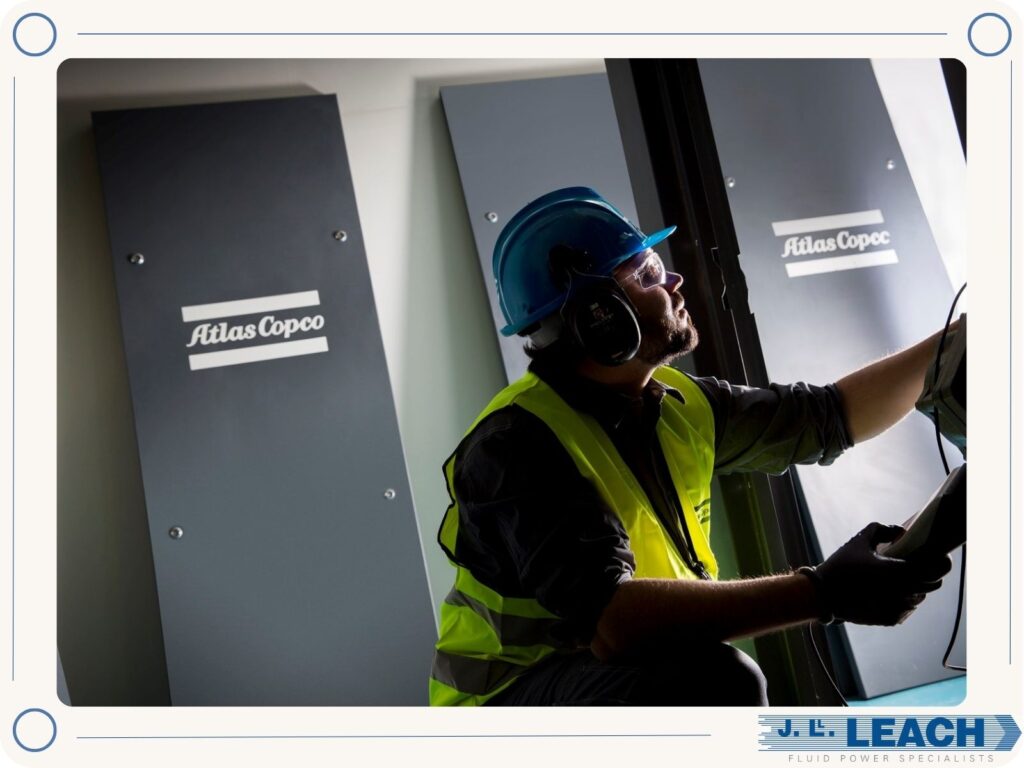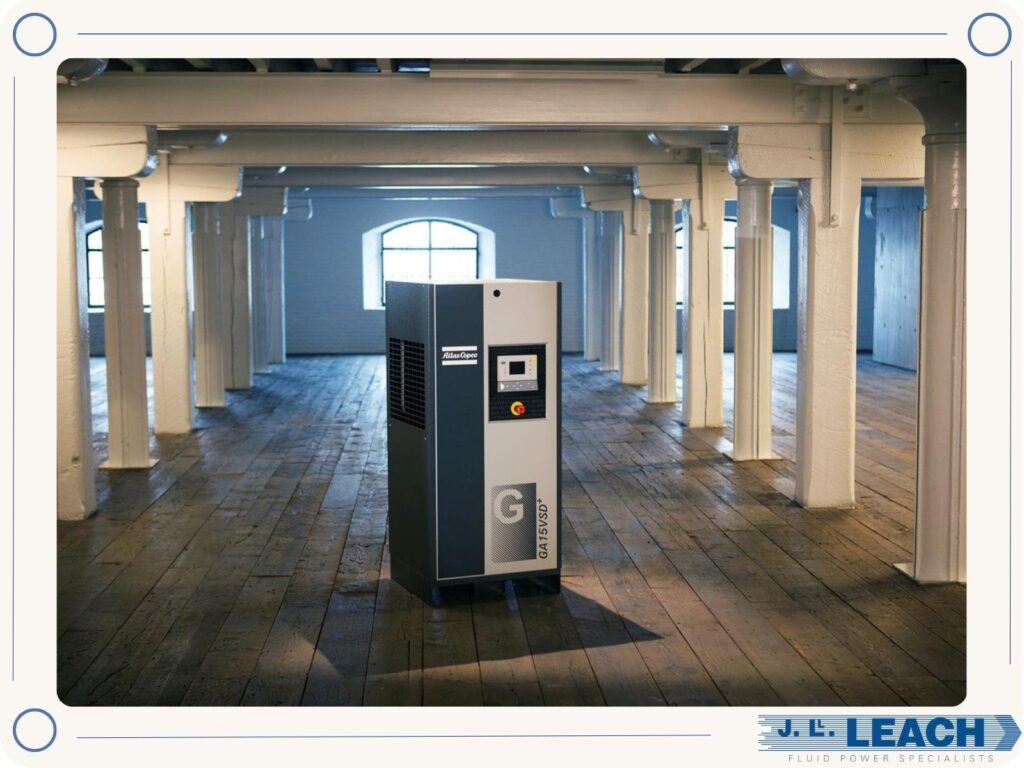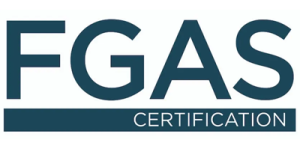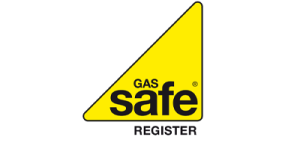Compressed air is essential for many businesses, and different types of compressors can be found in thousands of companies, big and small, across the country. In fact, they are used so much that the government estimated that they account for about 10% of industrial energy usage. This is about 8.8TWh a year: enough to power around three million homes.
That figure is an estimate (of course) and you might find your compressor accounts for more or less than 10% of your energy bills. However much you are spending, there’s probably room for improvement and there are excellent reasons to make your compressor as efficient as possible.
- An efficient compressor is a low cost compressor. The better it is at compressing air, the less it will cost you.
- Improving efficiency helps the environment. You use less energy with the compressor, as well as improving the processes it powers, reducing the environmental impact.
- Your compressor will thank you. Those small inefficiencies often result from problems that just get worse. Keeping your compressor efficient will also keep it running well for longer, saving you even more in the long run.
Table of Contents
What does air compressor efficiency mean?
Although a significant benefit of compressor efficiency is lower costs, looking at prices alone can be misleading. Factors like pressure, volume, and purity are frequently critical and have an unavoidable cost impact.
Instead, when discussing compressor efficiency, we mean that as little energy is wasted as possible. Compressors can lose energy in many ways, like generating excess heat, losing pressure to leaks, or even just the energy converted to noise as it operates.

Why is regular maintenance and inspection so important?
We are typically bad at those routine, but important, tasks; we might ignore that service indicator in the car, or put off that dental check-up, for example. We usually get away with it, the car runs, and our teeth are fine, but with compressors, though they seem to be fine, the cumulative effect of minor problems soon mounts.
Ensuring that you perform regular tasks like changing oil and filters and replacing parts like belts, helps keep the air compressor running optimally. Other issues frequently go undetected, compressed air systems can develop leaks that are undetectable by humans, but which result in pressure loss and poorer performance.
Having professional maintenance and servicing is the easiest, and best, way to look after your compressor. As well as completing routine tasks, it will ensure that issues are quickly identified and rectified.
How do you maximise energy efficiency?
The good news is that almost every compressor can be more efficient, and taking care of the normal wear and tear a system experiences will pay dividends. Although, sometimes, a lot more is needed to maximise efficiency. Here are some ways to ensure your compressed air isn’t costing you more than it should:
Do you have the right compressor?
If you are installing your first compressor, getting the choice right is critical. Look for air compressors that match your needs, from the volume of air and pressure you require, to the purity you need, as well as one that matches your demand, there is no point paying for compressed air when you don’t need it, for example. A variable speed compressor is ideal for many businesses, adjusting its speed to meet your demand, ensuring that you get the amount of compressed air that you want.
If you already have a compressor, don’t assume it still works efficiently for you. A well-maintained compressor can last a lifetime (and we’ve seen that happen) but sometimes a business outgrows its compressor. You might have expanded, or your business or products have changed, making it the right time to assess your compressed air needs.
Although you might be getting by with an old compressor, we have helped businesses select and install new compressors that have quickly recovered their investment costs in efficiency savings.
Use energy management systems
Sometimes, it’s just a case of turning on a compressor and letting it work, but demands shift during the day for most operators. Using an energy management system (EMS) allows you to track, in real-time, key indicators like flow, pressure and power consumption.
The data is provided in a convenient remote dashboard which allows you to check in on your compressor at any time of day and night. Believe us, it can be surprisingly addictive to track the data and tweak your energy efficiency.
However, that data also helps you understand your system, and many have found that it doesn’t just help them keep their compressor working optimally, but the usage can signpost them to potential workflow improvements elsewhere in their operations.
Is your system design letting you down?
It’s important to consider not just the air compressor, but the entire system it supports. Compressed air is a superb way to transmit power, but it works best when the piping is optimalt.
A well-designed system will avoid unnecessary bends and minimise length. Often, changes to operations will see piping systems adapted, and over time, these adaptations will hamper the air compressor’s efficiency.
It’s also important to have regular leak testing. If you have an EMS you might see a pressure drop that indicates an air leak, but these are frequently inaudible, especially in a working environment. Using ultrasonic equipment enables you, or the servicing engineer, to quickly find leaks.
Use heat recovery
One of the significant side effects of compressing air is generating heat, but in most uses, this heat is unnecessary and is occasionally undesirable. Using heat recovery allows you to use that heat energy more effectively elsewhere.
Sometimes, this can be redirected to production processes, for example, if you use your compressed air for drying. But if not, that heat can be utilised for space or hot water heating, helping reduce energy costs elsewhere in your facility.
Audit your compressed air system regularly
We frequently miss small, incremental changes, or sometimes, an issue in one place is offset by an improvement elsewhere. Even if you use an EMS, you might miss changes that occur over a period of time.
Using regular energy audits can help avoid that. By taking a point-of-time view of a system, and taking measurements throughout the system, you can build a comprehensive picture of your system. It can develop benchmarks that help you to identify problems and assess how effective your energy-saving measures have been.

How to start maximising your air compressor efficiency
Your needs will determine the best approach. If you use a lot of compressed air, you might find investing in your compressor efficiency, even with dedicated staff time, worthwhile. Even if you are a light user, you will still benefit from ensuring your compressor is working optimally.
Start at ground level
Perhaps the best way to monitor efficiency is to use the people closest to the air compressor. Make sure that when anyone notices a change, like an odd noise or just a nagging sense, a tool doesn’t feel quite as powerful, they report it. Even those things that are easy to disregard can be a sign of a developing problem.
Monitor the whole system
Make sure you are keeping an eye on the complete system. If you are using an EMS, that can be an ideal way to do this. But even without an EMS, there are plenty of things that can act as a proxy for your compressor’s health. A change in your energy bill, or variations in the outputs of people using pneumatic tools, might be the result of a drop in compressor efficiency.
Take a strategic view
It’s always worth thinking about the big picture. Energy audits are an ideal way and time to do this, using them as an opportunity to think over the longer term. Has a workshop refurb, for example, resulted in inefficient piping changes? Could a future adjustment offer an opportunity to improve your system? Don’t forget to consider if your needs are still being met by the compressor you have installed.
Get expert help
There’s a lot you can do to improve and maintain your air compressor efficiency, but it’s always worth getting expert help. We’ve been designing and installing, and servicing and maintaining compressed air systems in the region for over eighty years.
Whether you are looking for an entirely new system, want a full audit of an existing system, or just want someone to take care of the routine maintenance, we can help.
J LL Leach is dedicated to making sure you maximise the benefit you get from your compressor so your business can save money. th three, fully stocked depots, throughout the region, we’re always on hand, and ready, to ensure you get the compressed air you need, as efficiently as you can.












